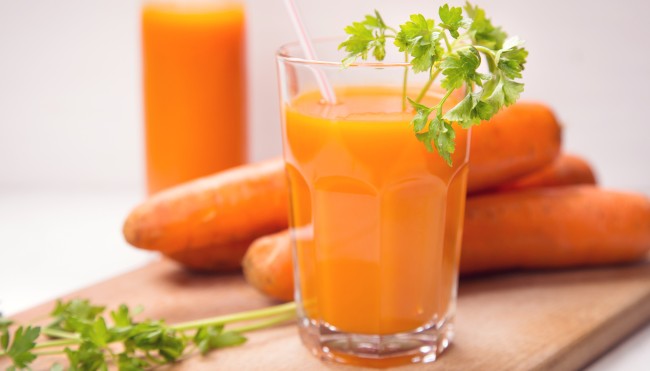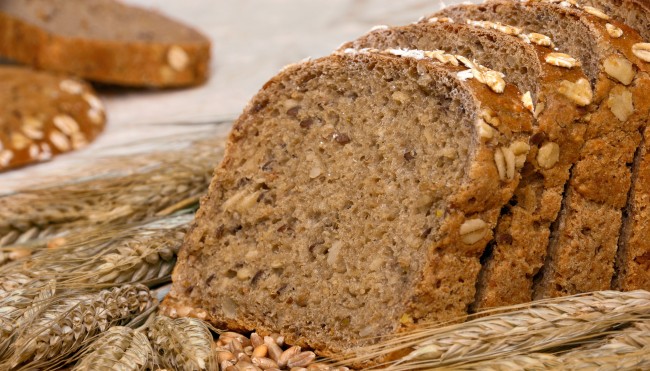10 Health Benefits of Kale

A couple of years ago, kale seemed to pop up all of a sudden out of nowhere and was in every health food out there. From power-drinks to chips and salads, kale was (and is) breaking boundaries and making it into all main meals and snacks.
What is it about kale that is so popular?
If you are intrigued, in this article we will tell you about 10 proven health benefits of kale. If you are sick of kale everything, this article just might change your mind.
May Help Manage Blood Sugar
Kale is packed with fiber. A cup of raw kale has 2.5 grams of fiber. Fiber is key to helping make you feel full, and fighting cravings. It can help to control blood glucose, which is especially beneficial if you have or are at risk of developing type 2 diabetes.
High in Vitamins A, C, and K
These vitamins will help support your immune system, which is a big plus in the cold season.
High in Folate
Folate, the form of folic acid found naturally in foods, is extremely important for the development and maintenance of the nervous system. If you or your partner are planning on having children soon, you should make sure to have a higher intake of folate, like through kale, to ensure healthy brain and spinal cord development.
May Support Eye Health
Kale is a great natural source of lutein and zeaxanthin and minerals, which are nutrients that support eye health and fight chronic eye problems like macular degeneration and cataracts.
A Good Source of Omega-3 Fatty Acids
If you aren’t a big fan of fish, you are going to have to get your Omega-3s elsewhere. One of the possible sources is omega-3 fatty acids, which help to support healthy brain, eye, and heart health. Note that the quantities found in kale much lower than those in animal sources, but it is a way to get some of those important omega-3s into the diet.
High in Antioxidants
Antioxidants help to fight cell aging and cell damage. Kale is high in antioxidants, especially one known as alpha-lipoic acid. This antioxidant helps to support sugar levels of people with diabetes and can support other people with certain neural disorders
Helps Prevent Heart Disease
According to the National Health and Nutritional Examination Survey, fewer than 2% of adults meet the daily requirements for potassium. Potassium deficiency can contribute to Cardiovascular Disease (CVD). Kale, and cooked kale, especially, helps boost your calcium intake.
Promotes Healthy Digestion
The amount of fiber that kale provides can help promote digestive mobility, thus preventing constipation and other ailments. The fiber, in combination with other nutrients, will help the body to take advantage of the multiple nutrients Kale provides.
Will Help Skin Glow
The high amounts of Vitamin A (in the form of beta-carotene) found in kale helps to keep skin moisturized and clear.
Helps Prevent and Treat Anemia
Kale is high in iron, which is one of the causes of anemia. Anemia is problematic as it means that the cells are deprived of oxygen. People with anemia are also more prone to infection. As a plus, kale also contains vitamin C, which is needed for iron absorption.
---
To see the full nutritional content of kale, click here.
Bonus:
Cooking tip: Kale is tougher than most other leafy greens, so it will remain close to its same size when cooked, and won’t wilt like spinach. Try eating it raw in a salad, baking it, or sautéing it with a splash of olive oil to open up the possibilities of how to integrate kale into your food.





